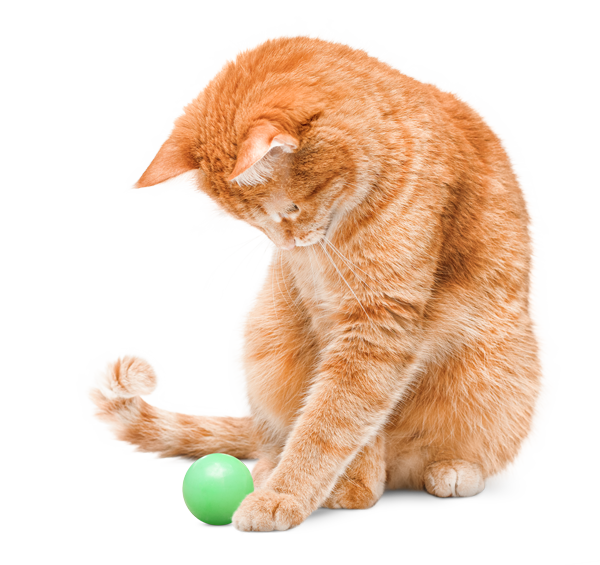
Your Hub for Pet Care Information
When your pet is struggling with its health, it can be impossible to know where to start. That’s why we created a hub of resources to ensure that pet owners throughout Shelton, WA, and surrounding communities receive accurate information and proper veterinary care. Our veterinarians and staff are dedicated to keeping pet owners informed on the best practices for caring for their pets.
Animal Poison Control Center
If your pet has ingested something toxic to them, it is pertinent to get care as soon as possible. Visit one of the emergency clinics we proudly partner with. Call the ASPCA Animal Poison Control phone at 888-426-4435.
Foods to Avoid Giving to Your Pets
Do not let your pets consume the food in the list below. Food toxic to your pet includes, but is not limited to:
- Alcohol
- Chocolate
- Coffee
- Caffeine
- Grapes
- Raisins
- Dairy Products
- Coconut
- Salty Snack Foods
- Yeast dough
- Xylitol
- Onion
- Garlic
- Coconut WATER
- Macadamia nuts
For more information please see: https://www.humanesociety.org/resources/plants-and-food-can-be-poisonous-pets
Poisonous Plants
Gardening is a fun pastime, however many plants are toxic to your pets. A few examples include, but are not limited to
- Lilies
- Rhododendron
- Poinsettias
- Tulip bulbs
For more information, please see the following website for further information: https://www.aspca.org/pet-care/animal-poison-control/toxic-and-non-toxic-plants.
Protecting Pets in Shelton
Leptospirosis is a zoonotic disease — meaning it can spread between animals and humans. Here’s what every pet owner should know:
What is Leptospirosis?
Caused by the Leptospira bacteria, found in soil and water. This bacteria thrives in ponds, lakes, rivers, marshes, and stagnant water.
Spreads through urine of infected animals (dogs, rodents, raccoons, deer, etc.). The bacteria can survive in urine-soaked soil for weeks to months.
Why It’s Dangerous:
Can lead to kidney/liver failure, lung disease, and bleeding disorders.
Symptoms in dogs may include:
- Loss of appetite
- Vomiting & diarrhea
- Lethargy
- Muscle stiffness or pain
- Jaundice (yellowing of skin/mucous membranes)
Prevention is Key:
Vaccinate all dogs in your household.
This protects both pets and humans in the home and is especially important in areas like Shelton, WA where wildlife and water exposure are common.
For more information please see: AVMA
Heartworm disease is a serious and preventable illness that affects pets — and it’s not just a southern problem anymore.
What is Heartworm Disease?
Heartworm disease is spread by mosquito bites from infected animals to others.
It is most common in dogs, but also seen in cats and ferrets.
Local cases in Shelton, WA have been confirmed — even in pets who’ve never traveled.
Why It’s Serious:
Heartworms live in the heart, lungs, and blood vessels. It can cause permanent damage and even death if left untreated.
How to Prevent It:
Multiple safe, effective preventatives are available.
Some products combine with flea/tick protection for convenience.
Monthly prevention is the best way to keep your pet protected year-round.
For more information please see: the American Heartworm Society
Pet Loss Resources
For those that prefer at home services, here are a few options for the Mason County area.
Pet Loss Hotline
Losing a pet is extremely difficult. The Pet Loss Hotline will direct you to one of their ASPCA psychologists and grief counselors to discuss how you feel, the grieving process, and how grieving may affect your family.
Pet Loss at Home is a local service helping the Tacoma – Olympia area with pet passing or euthanasia in the comfort of your home. Our empathetic veterinarians will be by your side during this difficult time.
Many find pet death challenging to discuss and process. Pet Loss Support WA State offers connections to support groups, counselors, and additional resources.
Lap of Love understands how difficult losing a pet can be. They offer extensive resources to help you and your family better understand grief. We offer Veterinary Hospice and home euthanasia to ensure your pet is comfortable in its last moments.
Frequently Asked Questions
1. Do you offer emergency services?
2. Are you accepting new patients?
Unfortunately, we are not accepting new clients at this time. New patients for our current clients are welcome.
3. How long do medication requests take to fill?
Typically 48 to 72 business hours.
4. What are the most common vaccinations for dogs & cats?
Pet vaccinations are essential to keeping our furry friends healthy and protected against harmful and potentially life-threatening diseases.
Common vaccinations for dogs include:
- DA2PP (Distemper Virus and Parvovirus)
- Bordetella
- Leptospirosis
- Rabies
Common vaccinations for cats include:
- FeLV (Feline Leukemia)
- FVRCP (Feline Distemper/Panleukopenia)
- Rabies
Contact Shelton Veterinary Hospital to schedule an appointment for pet vaccinations today.
5. How often should my pet take heartworm, flea, and tick preventatives?
It is essential to give your pet heartworm, flea, and tick preventatives year-round. Shelton, WA, is a very wooded area. If your pet is outdoors, it will likely come across heartworm, fleas, and ticks. Protecting them against these external parasites allows them to lead long, happy, and healthy lives.
6. Is it true that heartworm is not an issue here in WA?
This is a myth. Heartworm is currently an issue for Washington state, please explore https://www.heartwormsociety.org/ for more information.
7. What are common side effects from vaccines?
Minor reactions can include mild cough, mild fever, lethargy, and pain at the injection site. If you notice some of the more severe reactions such as vomiting, diarrhea, collapse, difficulty breathing, facial swelling, or hives please contact a veterinarian or emergency veterinarian ASAP.
Shelton Veterinary Hospital strives to keep pet owners informed. If you have questions, don’t hesitate to contact us at 360-426-2616 today.

Shelton Veterinary Hospital
104 E J St.
Shelton, WA, 98584
Business Hours:
Monday - Friday: 7:30 AM - 5:30 PM
*Closed for lunch from 12:00 PM- 1:00 PM
Saturday - Sunday: Closed
Phone: 360-426-2616
Text: 360-426-2616